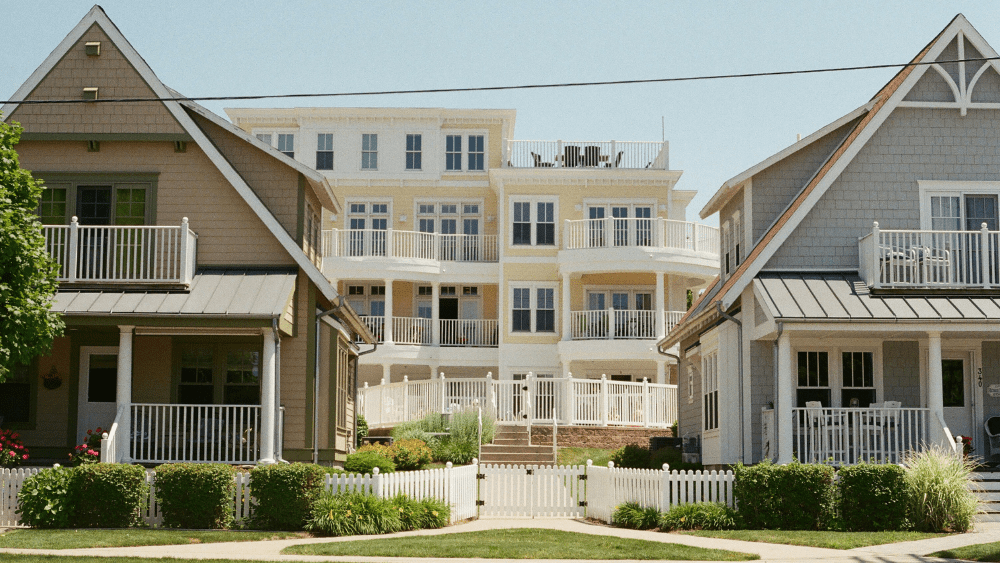
Your ’70s bathroom seemed amazing and hip when you bought the house. However, now that the novelty has worn thin, the cultured marble vanity needs to go, along with the avocado-green toilet and bathtub. You can’t wait to shower in a spa-like setting with clean tiles and a double sink to save your marriage. However, you don’t have the funds readily available right now for a big renovation. So, how can you find the money to do this life-changing home improvement? One popular option for financing home renovations and other expensive lifestyle needs is called a second mortgage. But you need to know all the ins and outs before taking on another loan because you could be signing up for a house-poor future, or even foreclosure. A second mortgage is essentially what it sounds like, it’s a second secured loan that you can take out as a homeowner, using your house as collateral. “People usually set up a home equity line of credit or get a second mortgage so they can make improvements on their homes or pay off bills,” says Richard Monley, Vice President of the Western Region Sales Manager at Hawthorn Bank in Lee’s Summit, Missouri. Monley formerly served as president of the Mortgage Bankers Association of Greater Kansas City. A second mortgage can help you put a swimming pool in your backyard, add some extra square footage to your home, pay off debt, or pursue a number of other options. Although the money is loaned using your home as collateral, you are under no obligation to spend it on the house. “Most second mortgages offer shorter loan terms, usually 10 or 15 years,” Monley adds. He explains that the interest rate can be fixed or adjustable. Adjustable rates typically start out lower than fixed rates but will go up after a certain period of time. Rates on second mortgages also normally start higher than a first mortgage rate, partially because the lender will not earn as much interest income over the shorter-term life of the loan but primarily because there is higher risk attached to a second mortgage. As its name indicates, the second mortgage is in a secondary lien position behind your primary, or “first mortgage.” That means that if you were to default on your mortgage and your home goes into foreclosure, your first mortgage gets paid from the foreclosure sale first, and the second mortgage only gets paid off if there are sufficient proceeds remaining from the sale after the first mortgage is paid. Some of the other reasons people get a second mortgage is to “fund a large purchase such as a car or even pay college tuition,” Monley says. Just remember that if you take on a second mortgage, it’s a second loan using your home as collateral, or security, for the loan. This second loan is allowed when you have built equity in your property, and lenders determine how much to loan based on the equity you’ve built and the fair market value of your house. All that said, if circumstances change and you can’t pay that new loan, you could put yourself at risk of foreclosure and losing your house.What is a second mortgage?



